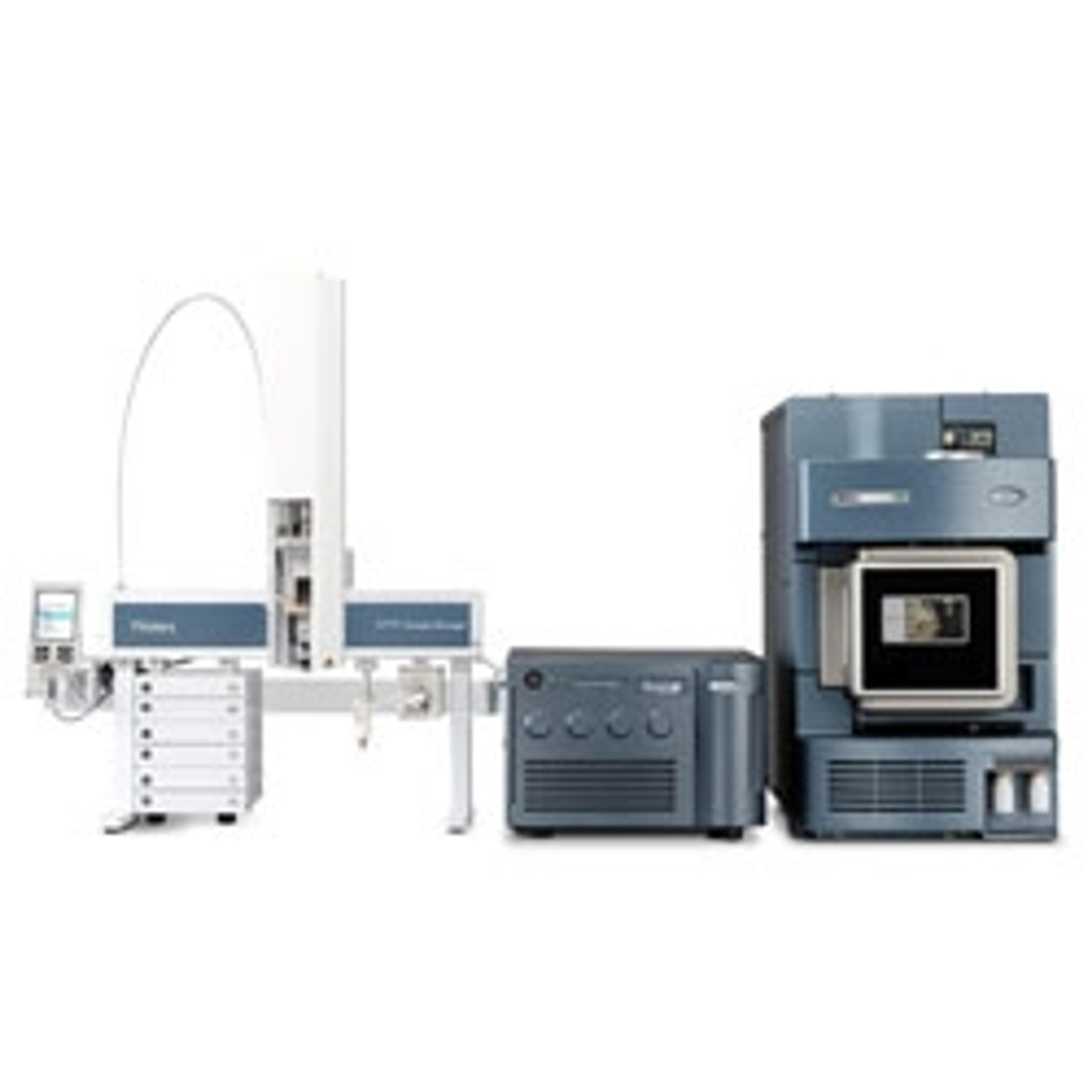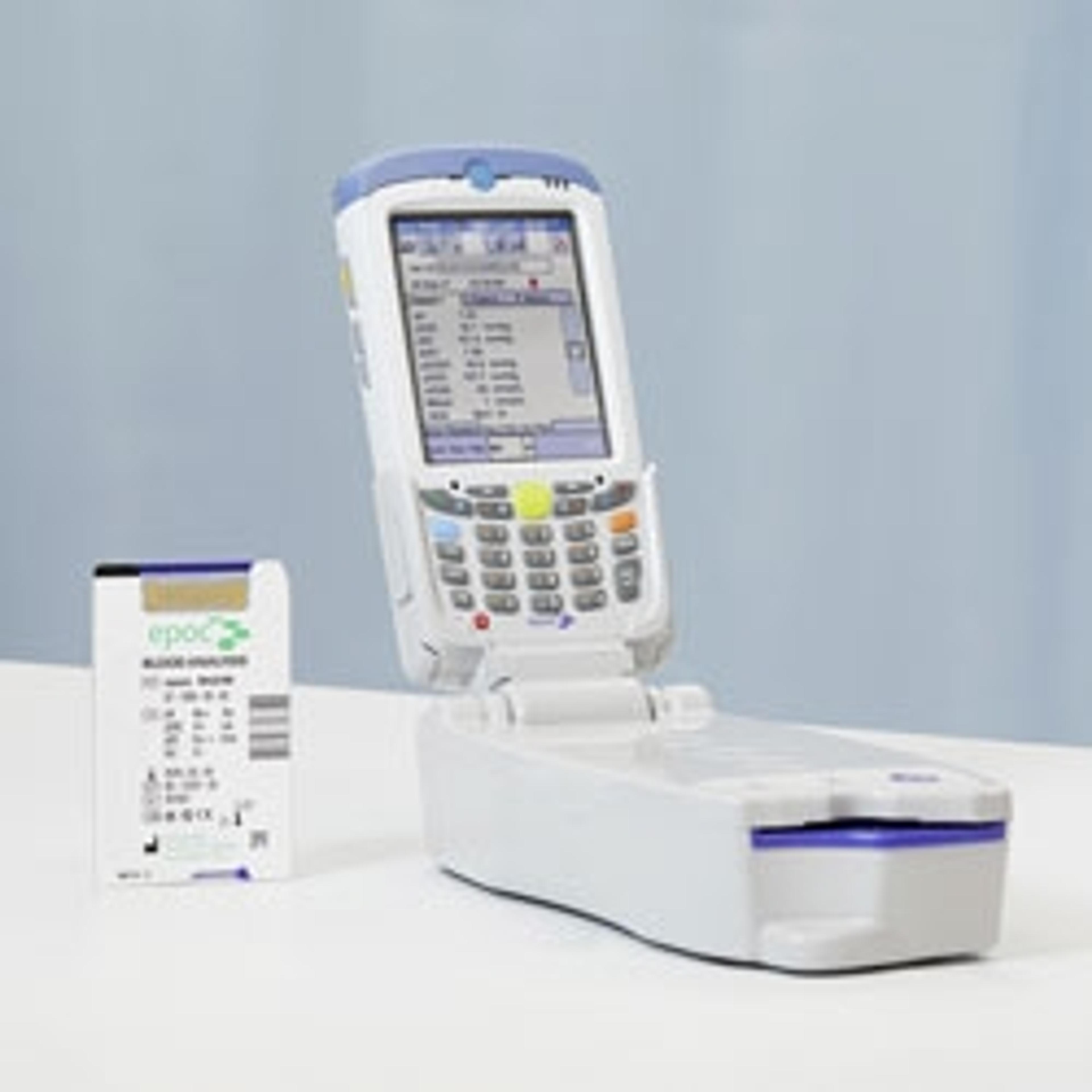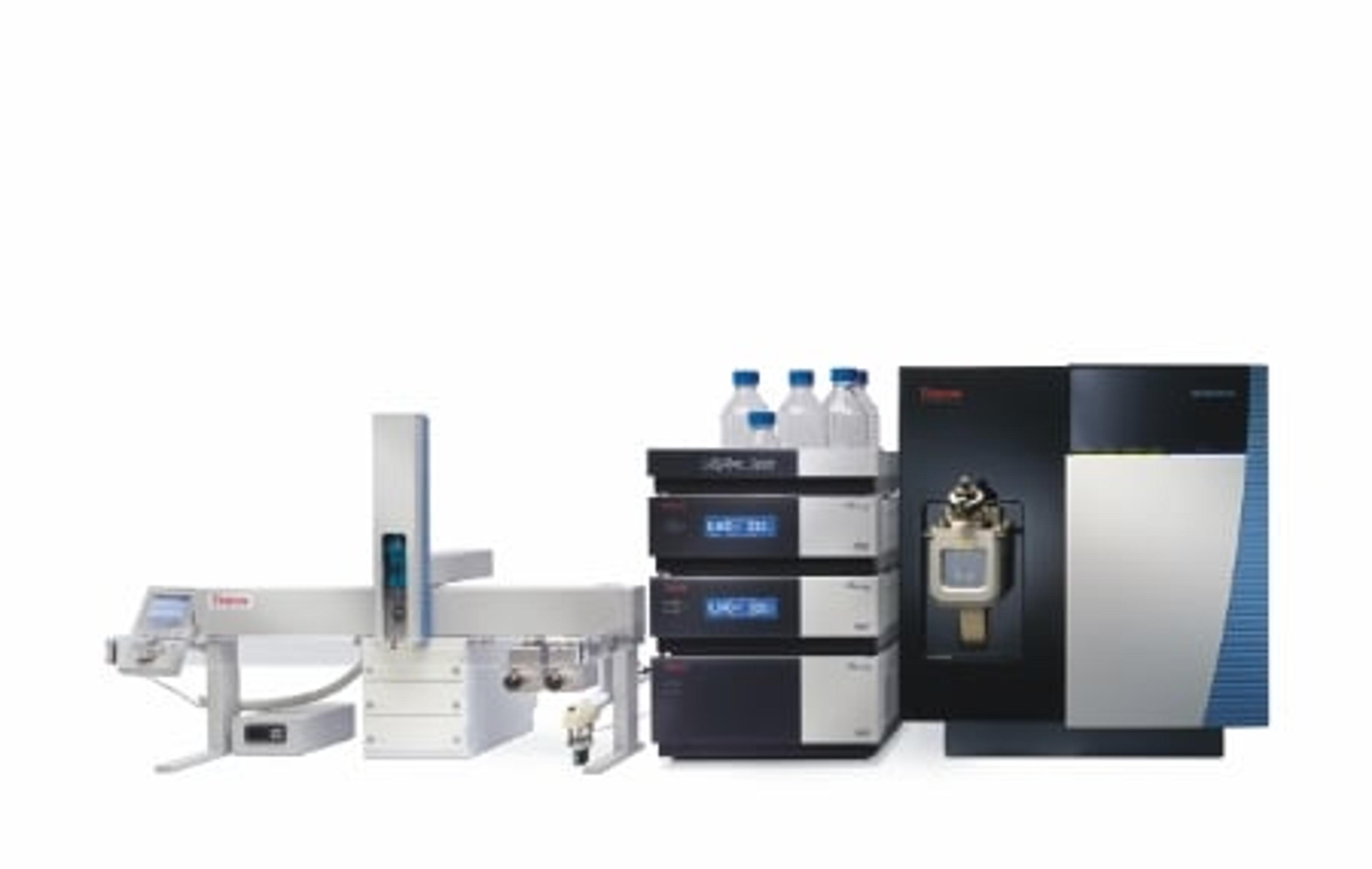Technology Trends in Clinical Diagnostics and Research: The Very Best of 2018
Take a look back at the technologies, innovations and clinical advances that hit the headlines over the past 12 months
24 Dec 2020
Over the past year, SelectScience’s editors have had the privilege of interviewing key opinion leaders, hosting fascinating and informative webinars and attending science conferences around the world, to bring you the latest technology trends in clinical research, diagnostics and point-of-care. In this article, we gather the most compelling news and content of 2018, reflect on what technologies made the greatest impact in the field, and place a spotlight on what’s to come, in 2019.
January: LC-MS challenges & a revolutionary blood test

Kicking off 2018 is a compelling Q&A on LC-MS challenges in the clinical laboratory. Dr. William Clarke, Associate Professor of Pathology and Director of Clinical Toxicology at Johns Hopkins, highlights the benefits of Turboflow technology and multi-channel LC-MS systems. Watch Dr. Clarke deliver a full presentation on the topic in this on-demand webinar.
In the news:
Researchers unveil CancerSEEK, a non-invasive and multianalyte single blood test, reportedly capable of simultaneous detection of eight common cancer types from circulating proteins and gene mutations, with potential to revolutionize the screening framework. NeuroPointDX announces that it has validated a panel of autism biomarkers – based on differences in amino acid metabolism between individuals.
February: Enhanced HIV detection & treatment

In an exclusive interview with Bonnie Howell, Executive Director at Merck, SelectScience discovers how the Simoa HD-1 platform is being used to develop novel HIV therapies, by affording ultrasensitive detection of HIV target proteins, and HIV provirus.
In the news:
Hologic, Inc, announces that its CE-marked Aptima HIV-1 Quant Dx assay meets WHO standards of quality for global diagnosis and treatment monitoring for HIV. Point-of-care analyzers also hit the headlines: Horiba reports that its Microsemi CRP analyzer is actively reducing unnecessary hospital admissions in the UK, and Siemens Healthineers receives the sought-after FDA clearance for BUN and CO2 testing on the ePOC analyzer.
March: Newborn screening & breast cancer advances

Experts from the Inherited Metabolic Diseases Laboratory at the Children’s Hospital of Eastern Ontario, Canada, deliver a fascinating webinar on the application of FIA-MS/MS to newborn screening applications, including the detection of phenylketonuria, and other metabolic disorders. Natalie Lepage, laboratory head, and Lawrence Fisher, resource technologist, also discuss how to maintain accuracy and consistency with this paradigm-changing technology.
In the news:
Research conducted by the University of Sheffield brings to light new genes involved in the debilitating disease, osteoarthritis, implicating new targets for drug discovery. Progress in personalized approaches to therapy is also made in breast cancer – the NGS-based MammaPrint Kit receives the CE mark, a technology designed to enhance detection of recurrence, based on 70 genes involved in metastasis.
April: Spotlight on infectious disease research

This month, SelectScience compiles the latest technologies advancing infectious disease research and diagnostics, in an article which becomes one of the best read of the year: ‘8 radical advances in the evolutionary battle between science and pathogens’. Highlights include the EM Smart-Reader by ELItech, smart phone technology guiding advances in bacterial identification, and an infection prevention masterclass.
In the news:
Scientists from the University of Stanford reveal that they have been able to successfully replicate the genetic diversity in cancers using CRISPR and DNA barcoding technology. Further, a spectacular champagne ceremony at the AACR annual scientific meeting, Chicago, recognizes DeNovix for winning ‘The Reviewers’ Choice Award’ for the second year running, in the annual Scientists’ Choice Awards for Life Sciences.
May: Ebola outbreak & microbiome revelations

May marks the launch of continuing education P.A.C.E and ACCENT credits, for SelectScience webinars. The first accredited event addresses the importance D-dimer testing for pulmonary embolism and deep vein thrombosis.
In the news:
A concerning development is the emergence of an Ebola outbreak in the Democratic Republic of Congo; work involving Wellcome, GLOPID-R, and WHO continues to tackle the virus. Positive strides are made, however, in the field of microbiome research. Scientists based at Brigham and Women’s Hospital, UK, declare bacteria in the gut affects the functioning of the brain, leading to the belief that our diet can directly affect the nervous system. The same research unearthed new findings related to the pathophysiology of multiple sclerosis disease.
June: Streamlined workflows and sustainability

As demand for diagnostic services intensifies, sample throughput and staffing are becoming increasing pressures on the clinical lab. In an interview with Dr. Judy Stone, Senior CLS Specialist, UCSD, SelectScience discovers the measures that can be taken to streamline LC-MS workflows. Using advanced Waters technology, Stone reveals that their laboratory saves “hours of analyst time, everyday”. This month, we also learn how STARLAB is adopting innovative approaches to protect the planet from tons of disposable plastic consumables.
In the news:
Fujirebio announces FDA clearance of the Lumipulse PCT test for bacterial infections. A biomarker specific to bacterial infections of the resistant, procalitronin (PCT) exhibits greater specificity than other proinflammatory markers.
July: Enhancing young lives with mass spec
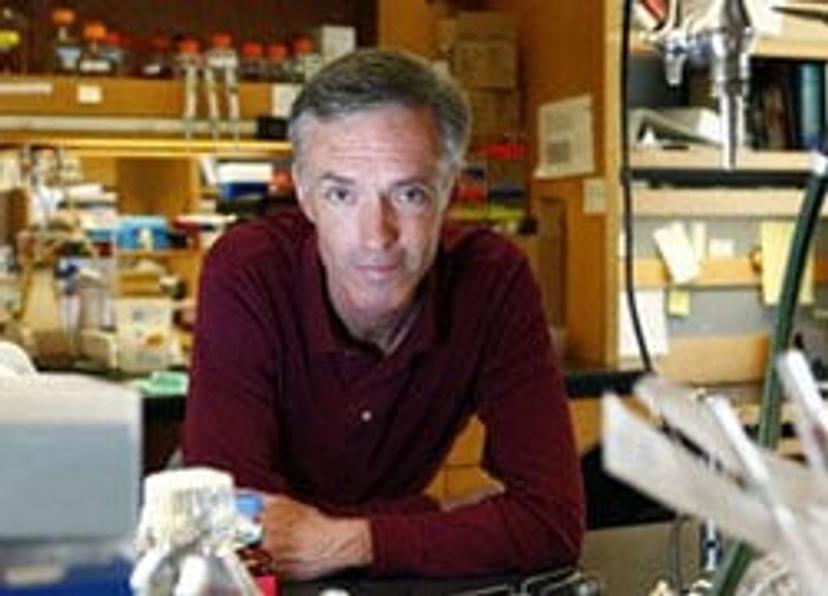
SelectScience interviews keynote speaker and synthetic biology expert Dr. James Collins, ahead of his much-awaited plenary speech at AACC. Read this article to discover how the Collins lab uses an advanced form of CRISPR technology, termed ‘SHERLOCK’, to detect and diagnose disease. Another great interview captured this month is with Dr. Philippa Goddard, consultant clinical biochemist, on how scientists work behind the scenes to enhance young lives with mass spectrometry.
In the news:
A revolutionary treatment for inoperable brain tumors launches in the UK, based on minimally-invasive MRI-guided thermal laser ablation technology, and the surgical guidance company Endomag receives FDA clearance for Magtrace. Magtrace is the first non-radioactive dual tracer for lymphatic mapping in breast cancer patients.
August: AACC, cystic fibrosis diagnosis & troponin I

This month sees the launch of multiple revolutionary platforms into the diagnostic and point-of-care market, at the 70th Annual Scientific Meeting and Clinical Lab Expo, Chicago, where SelectScience editors also interview key opinion leaders in academia and industry. Dr. Brian Druker discussed his groundbreaking work on the drug, Imatinib, Professor Frank Peacock highlights new research on brain trauma biomarkers, and Elvis Cueva Mateo gives a fascinating account of the work behind new data presented in his poster session, on lung cancer and ddPCR technology.
In the news:
A clinical trial gets underway for urine-based diagnostics in cystic fibrosis (CF), to identify biomarkers associated with CF exacerbation, plus Siemens Healthineers announces the FDA clearance of their troponin I high-sensitivity test at AACC.
September: In vivo GPS & re-tuning the immune system
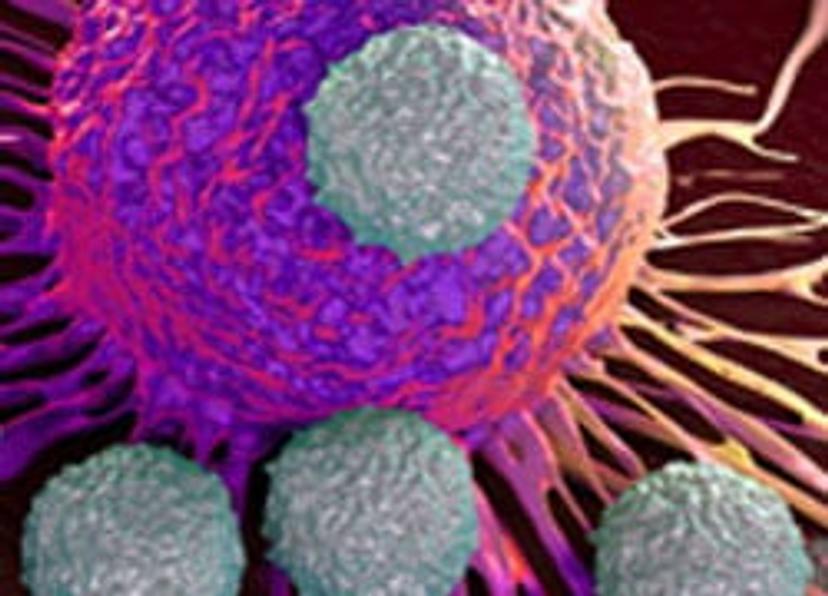
The field of immuno-oncology has seen exponential growth in recent years, yet the majority of patients eventually accrue resistance, or are innately recalcitrant, to the immunotherapies currently available. In a fascinating interview with Dr. R. J. Tesi, CEO of INmune Bio, learn about a new approach to re-tuning the immune system by targeting myeloid derived suppressor cells (MDSCs).
In the news:
MIT engineers develop chemical sensors to help doctors select the most effective therapy for cancer, a novel in vivo GPS system is launched, and new data from a phase III trial at MedUni Vienna, using monoclonal antibodies, puts emphasis back on amyloid beta as a target molecule for Alzheimer’s therapy.
October: The iKnife and artificial intelligence
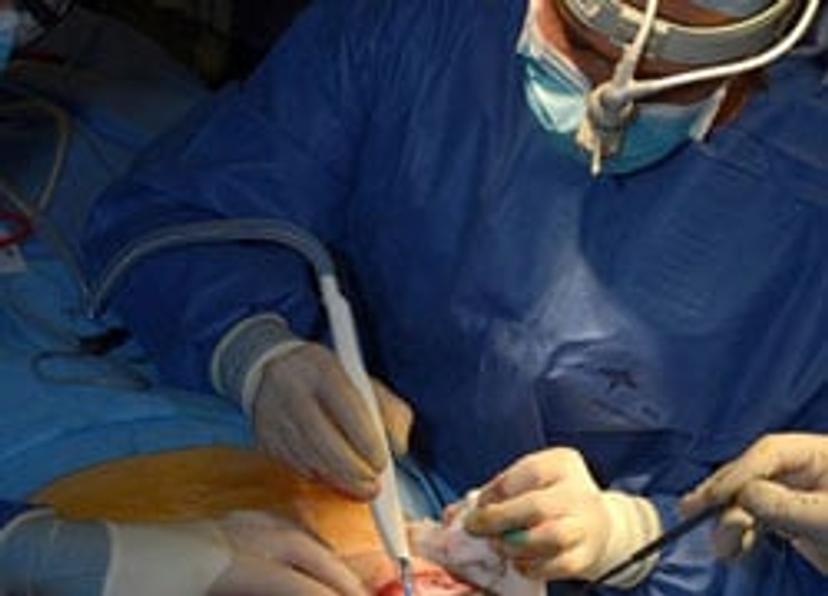
This month, we put the spotlight on cancer diagnostics and monitoring, including 12 of the most paradigm-changing technologies in the field. A must-read is the article on the iKnife: a surgical tool that uses mass spec to characterize vaporized tissue in real-time, and determine whether all of the cancerous tissue has been resected.
In the news:
Waters Corporation launches its new flow-injection tandem mass spectrometry screening system: the RenataDx — for dried blood spot analysis — and EKF unveiles its pocket-sized lactate monitor at the MEDICA world forum for medicine. Finally, artificial intelligence materializes in healthcare, with a novel deep learning tool developed for pathology-based diagnostics.
November: Google & the big immunoassay question
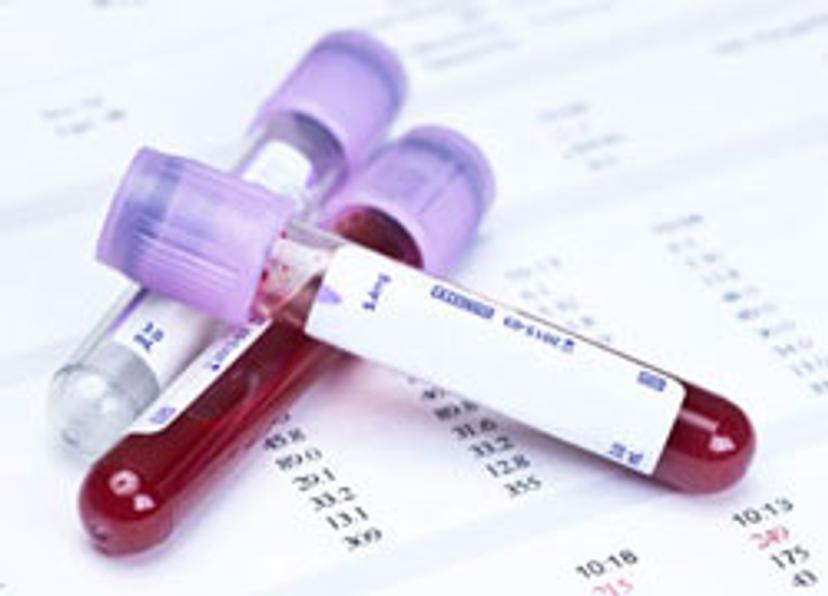
Dr. Kamisha Johnson-Davies spoke to SelectScience after she hosted a panel discussion at AACC, titled ‘immunoassays vs. mass spec’. In this article she answers the question: should the immunoassay be replaced?
In the news:
Google meets genetics: the company announces a collaboration with IntegraGen and Google Cloud to accelerate genomic interpretation projects. Plus, Ansh labs introduce its novel FDA-approved menopause test, MenoCheck, that promises earlier identification of menopausal onset.
December: Automation guide & CAR-T cell therapy
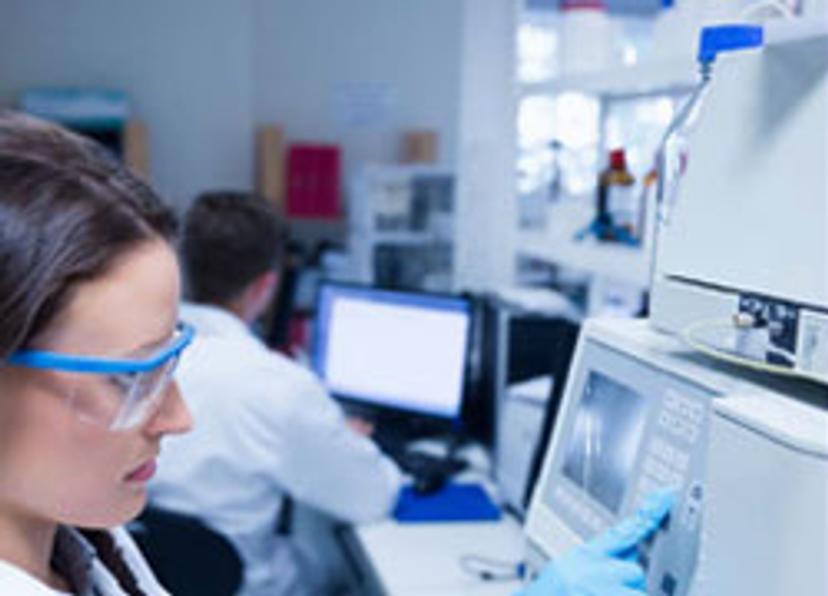
December sees the publication of SelectScience’s ‘How-to-Buy’ clinical automation technology eBook. This 16-page guide delivers all-you-need-to-know about current technology trends, whilst touching on the history and future of automation. SelectScience also hosts two fully-accredited clinical webinars for continuing education. Dr. Heather Brown discusses variability in FIA-MS/MS here, and Dr. Jim Aguanno presents a heart failure masterclass here. Finally, to round off a wonderful year, SelectScience gave away lots of great prizes as a thank you to our reviewers in our 12 Reviews of Christmas competition.
In the news:
The first molecular test for ciprofloxacin susceptibility received CE-IVD acceptance, and a multi-centre study suggests CAR-T therapy could double survival in B lymphoma.
We hope you enjoyed 2018 as much as we did — we have lots planned for the SelectScience Clinical Community in 2019, so keep an eye out for even more fascinating interviews, expert tips and informative webinars and don’t forget to follow our social channels to stay up to date.
Happy Holidays from all at SelectScience — here’s to a great 2019!
What products do you use in your work? Write a review for your chance to win a $400 Amazon.com Gift Card >>

